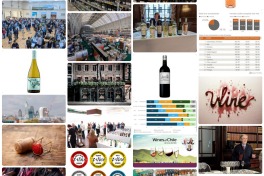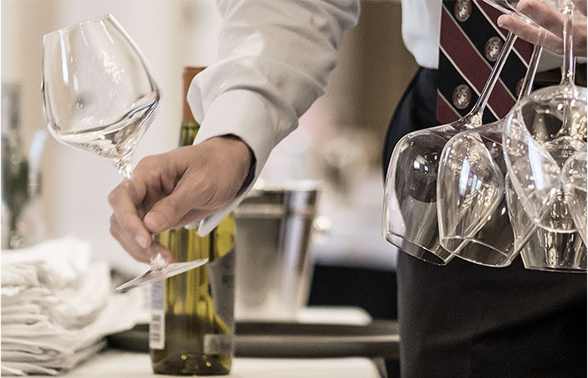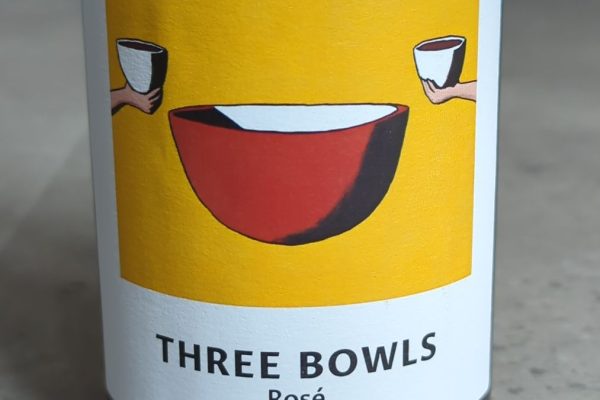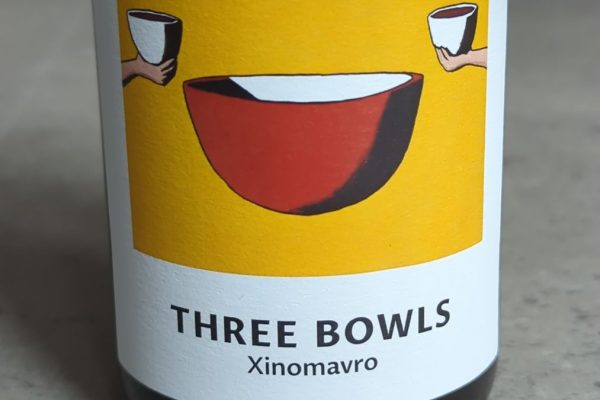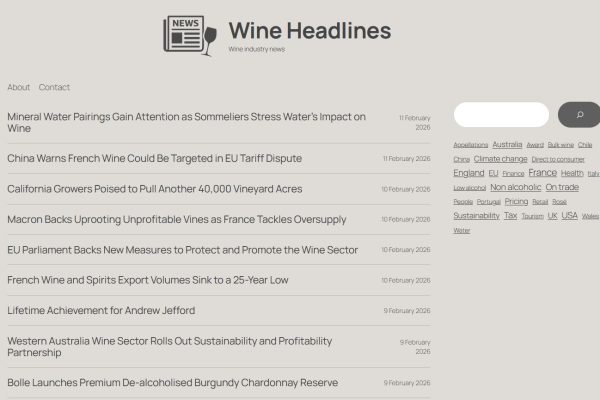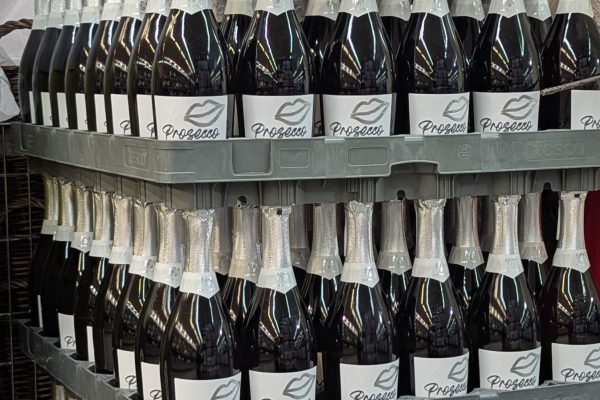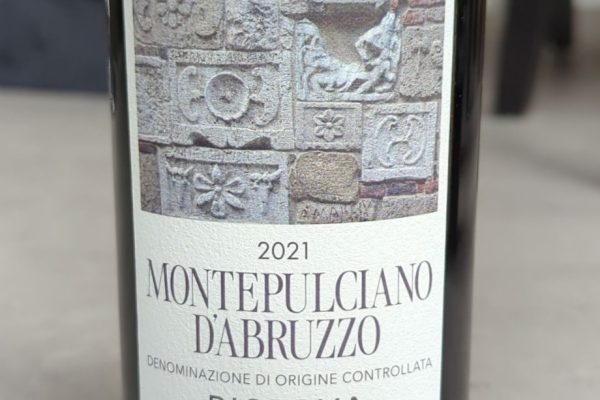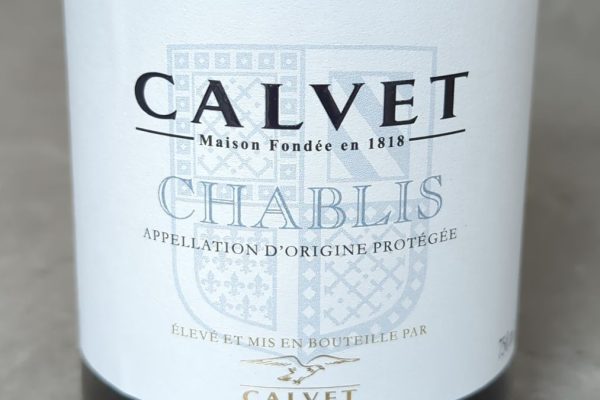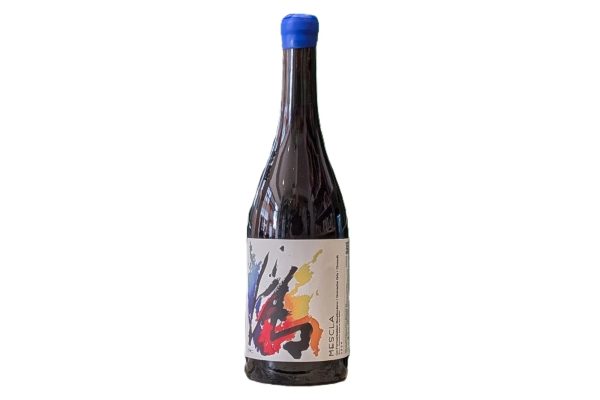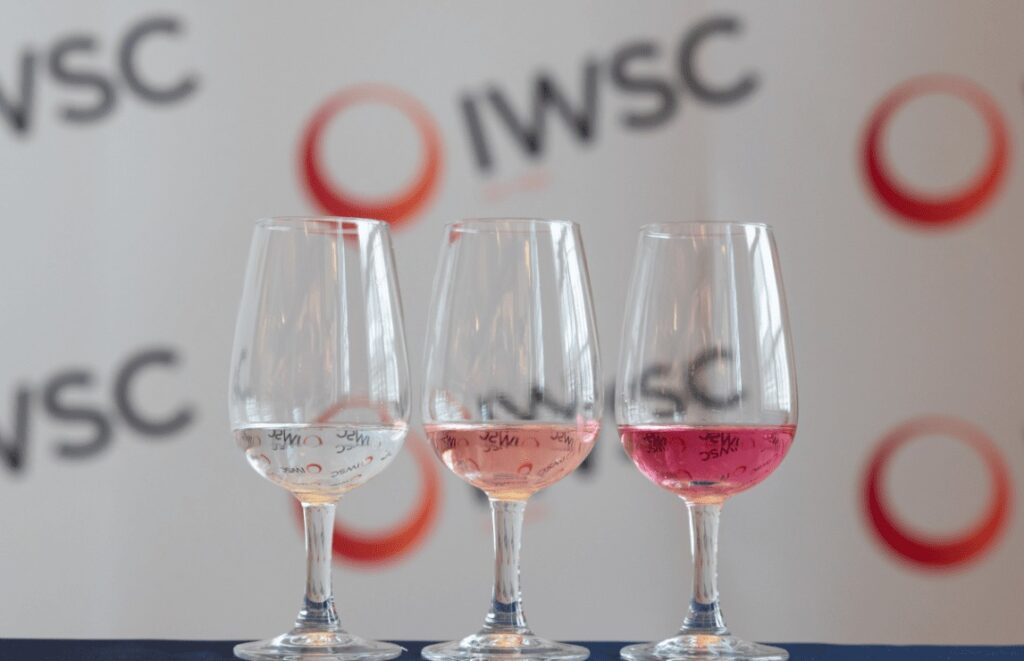
A new study Factors explaining differences in wine experts’ ratings: The case of gender, credentials, occupation and peer effects by researchers from Spain and France investigates the reasons behind the variability in scores given by wine experts to the same wines under identical tasting conditions. The research examines how personal characteristics such as gender, industry credentials, and occupation as well as peer effects among judges, influence these ratings.
The research used a dataset from the 2022 International Wine and Spirits Competition (IWSC), comprising scores from 91 judges for 5,395 wines, amounting to 18,224 individual scores. By employing regression models and incorporating wine fixed effects, the study controlled for the constant characteristics of each wine to understand the variations in scores.
One of the key findings is that female judges consistently assign lower scores compared to their male counterparts. Additionally, the presence of a greater number of female judges in a judging team tends to result in harsher evaluations by all judges, regardless of their gender. While industry credentials alone do not significantly impact the scores, the presence of highly reputed experts, such as Master of Wine judges, can positively influence the generosity of scores from other judges. Furthermore, the study finds that on-trade (hospitality venue) buyers, those directly involved in the sale of wine, generally give lower scores compared to off-trade buyers.
The study concludes that differences in expert ratings are significantly influenced by individual judge characteristics and the dynamics within judging teams. It highlights the role of gender and peer effects in shaping these ratings and suggests that the presence of female judges may provide more stringent evaluations. These findings underscore the importance of considering these factors in wine competitions and for consumers seeking reliable wine assessments.




